“Are you looking for purpose in life? For a purpose big enough to absorb every ounce of your attention, deep enough to plumb every mystery of your passions, and lasting enough to inspire you to your last breath?” So begins a book by Os Guiness that I read over the holidays – “The Call: Finding and Fulfilling the Central Purpose of your Life”.
By now, I trust you are becoming familiar with the student wellbeing framework we have developed here at St Paul’s, called “Ways of Being”. As the name suggests, this framework aligns with our holistic view of education. We are not only interested in learning, thinking and doing, although those things are obviously central to the work of all schools. Rather, we believe it is important to pay attention to the development of the whole child – mind, body and soul. We believe that being (the type of person your child is becoming) is at least as important as doing (their school results; musical or sporting accomplishments.)
As I have previously described it, the Ways of Being framework has five inter-related elements –
1. Character and virtues
2. Values and ethics
3. Physical health and wellbeing
4. Mental health and wellbeing
5. Spiritual formation
The first four of these elements are probably fairly self-explanatory, but perhaps you have been wondering what we mean by “spiritual formation”?
On the broadest level, we aim to help children, as they journey towards adulthood, to address some of the deepest questions of human existence – Why am I here? What is the meaning of life? How can I find and fulfill my destiny? We acknowledge that the world offers many answers to these questions (including the deeply unsatisfying “There is no purpose or meaning to human existence”), but we reject secular-materialist and Eastern philosophies and instead offer to students for their consideration the biblical worldview that underpins our Anglican heritage.
Some of you may remember a scene in that deeply philosophical movie, “City Slickers”, in which the Billy Crystal character (Mitch) is discussing the meaning of life with the wise old cowboy (Curly). Curly asks – “Do you know what the secret of life is? It’s one thing…” and the rest of the movie follows Mitch in his quest to discover what that one thing is.
Of course, it’s an age-old question to which many have attempted to offer an answer. What is the meaning of life? What is the “one thing” that can act as a unifying principle, a guiding light though the ups and downs of life? As I think about spiritual formation, I suggest that Danish philosopher Soren Kirkegaard (1813-1855) had it right when he said – “The thing is to understand myself, to see what God really wants me to do… to find the idea for which I can live and die”.
Os Guiness, with whom I began, suggests that the “ultimate why” for human living can be found as we – “Become an entrepreneur of life and see all of life as an enterprise transformed by (God’s) call. Count the cost, consider the risks, and set out each day on a venture to multiply your gifts and opportunities and bring glory to God and add value to our world.”
This language, when applied in the context of spiritual formation at St Paul’s School, neatly describes what I would call holistic faith. This is not just a religious veneer, not just something to be taken out at Christmas and Easter, or at christenings, weddings and funerals (hatching, matching and dispatching), but a meaningful, living faith that gives purpose to my every day and which provides satisfying answers to life’s biggest questions.
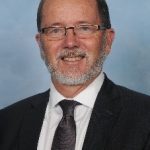 Mr Nigel Grant
Mr Nigel Grant
Executive Director of Faith & Community
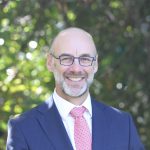 Dr Paul Browning
Dr Paul Browning
 Mr Nigel Grant
Mr Nigel Grant
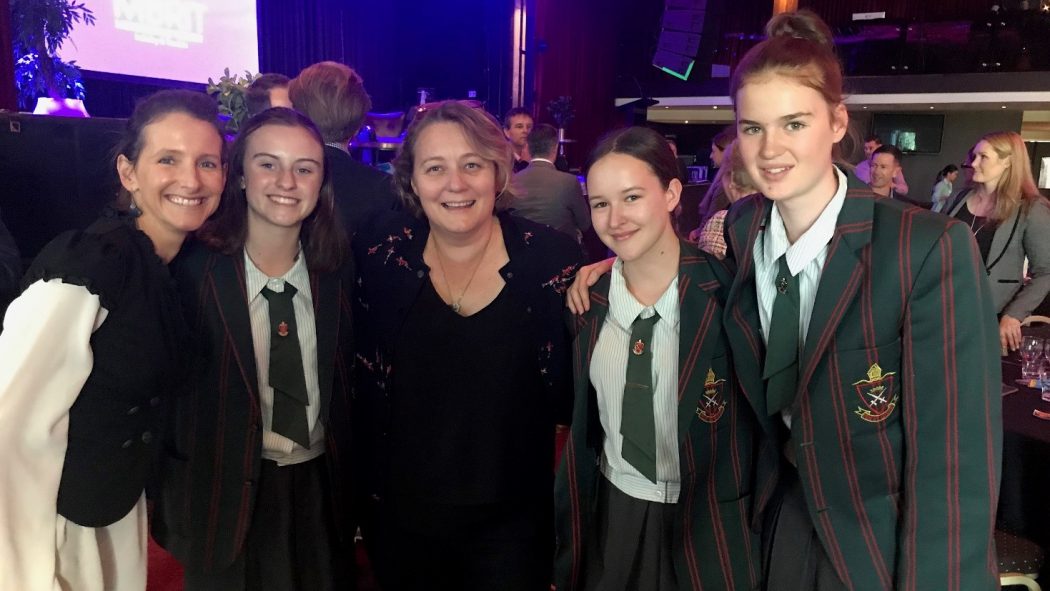

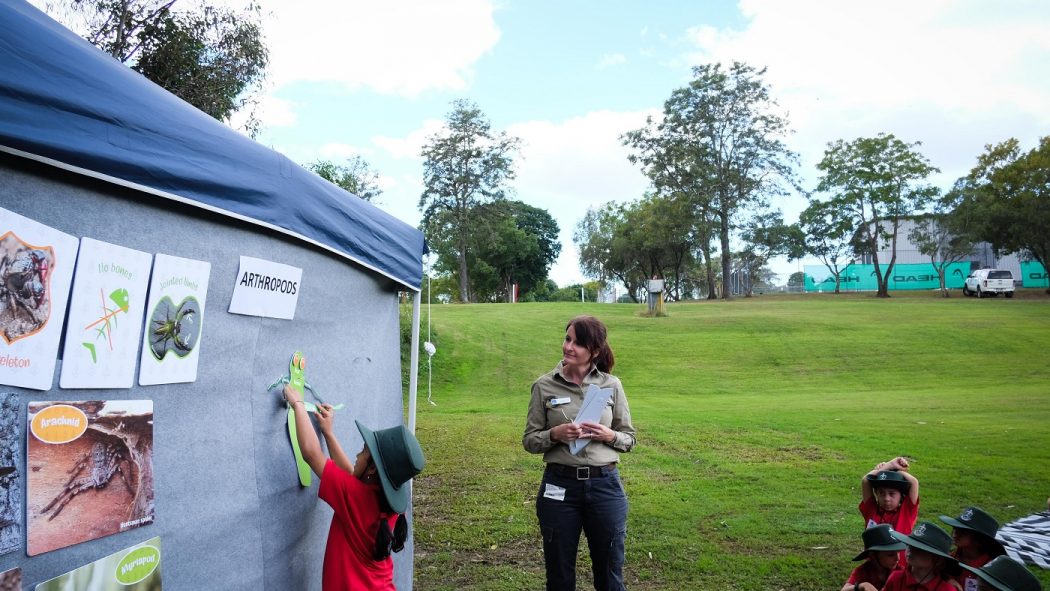
 There have been two combined rehearsals so far and the pieces sound wonderful… and we’re sure the choreography will be just as great in another rehearsal or two…
There have been two combined rehearsals so far and the pieces sound wonderful… and we’re sure the choreography will be just as great in another rehearsal or two…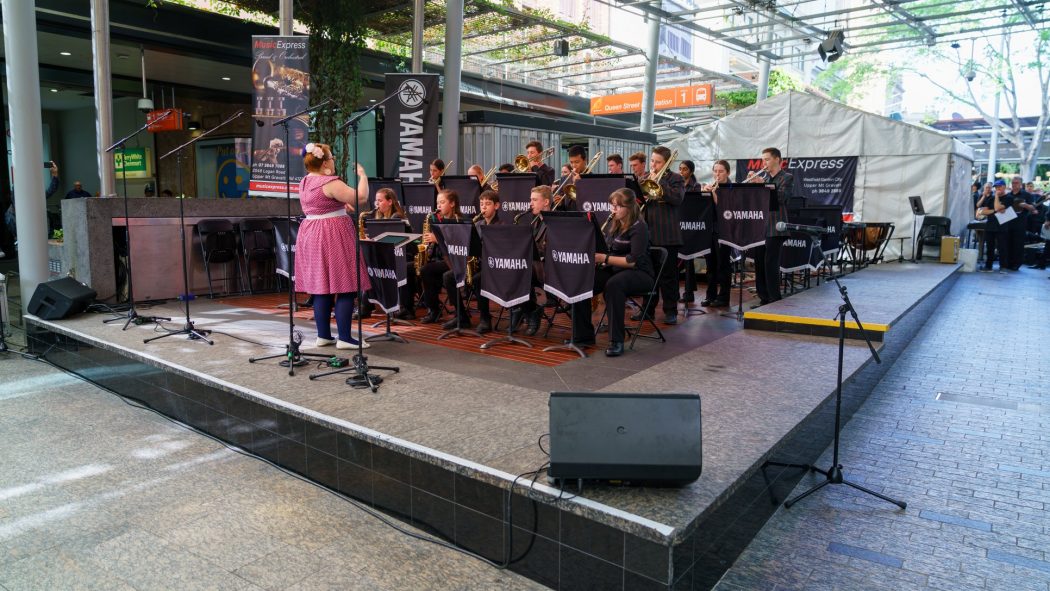

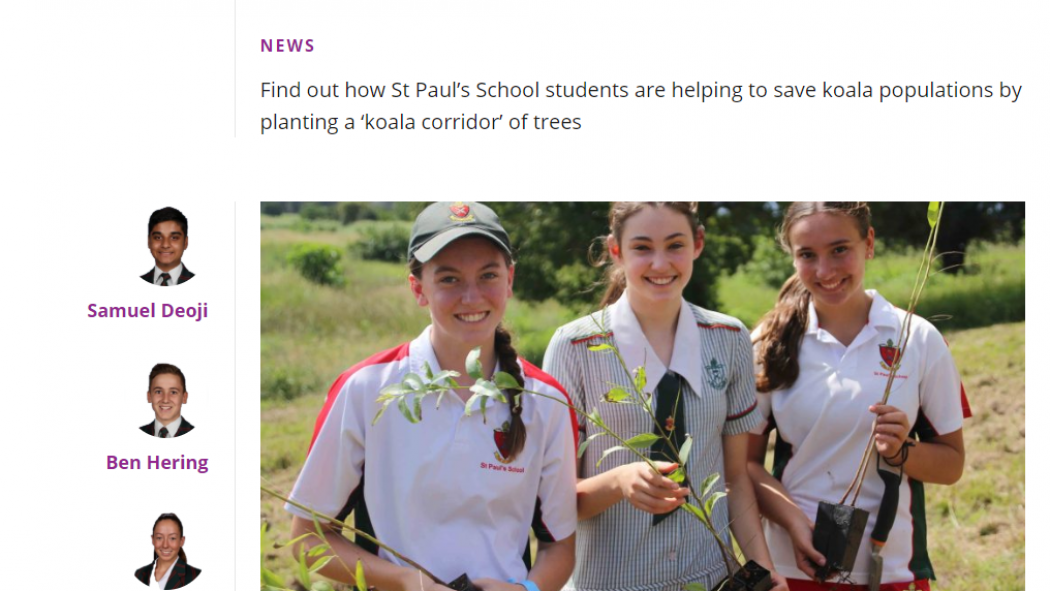
 If you are unable to make the meeting or have any queries please direct them to
If you are unable to make the meeting or have any queries please direct them to  We would love to see some new faces join our small but enthusiastic supporters’ group as general committee members. Hope to see you all there!
We would love to see some new faces join our small but enthusiastic supporters’ group as general committee members. Hope to see you all there!